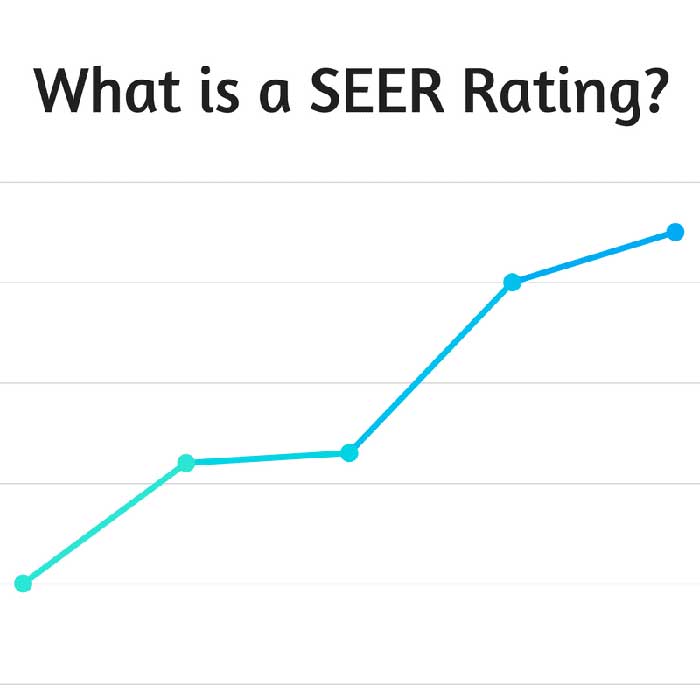According to the new US Energy Information Agency, new standards for minimum energy efficiency that affect heat pump systems and central A/C are coming in January 2023. What do these new standards mean, and how do they affect homeowners in Naples, FL such as yourself? The A/C repair, installation, and maintenance professionals at Best Home Services are here to break down everything you need to know about the new SEER standards!
New SEER Standards For 2023
SEER, or Seasonal Energy Efficiency Ratio, is a standard that gauges how efficiently an air conditioner or heat pump is working. SEER looks at how well A/C units and air-source heat pumps are functioning from an energy perspective, and it applies to air conditioners and heat pumps throughout the entire season, rather than just peak-use periods.
The majority of air conditioning units list their SEER rating on a label — as of now, Florida requires that A/C units and air-source heat pumps have a minimum SEER rating of 14. As of 2023, this rating will rise to a minimum of 15 or higher.
Regional SEER Requirements
President Bush’s signing of the 1992 Energy Policy Act marked the beginning of SEER regulations for homeowners. Before SEER was put into place, federal regulations required that air conditioning and heating systems maintained a SEER minimum rating of 10, which steadily rose and fell until settling at a rating of 13 in 2011.
After that, the Department of Energy mandated the use of regional SEER rating standards due to the fact that energy air conditioning-related energy consumption varied across the country. The southern part of the United States, for example, experiences a warm-weather season that lasts much longer than it does in the North; air conditioning systems naturally use more energy to keep homes cool in the south than they do in the north.
How The New SEER Standard Affects You
A high SEER rating can play a huge role when it comes to choosing an energy-efficient air conditioning unit. The higher an A/C unit’s SEER rating is, the more you end up saving on your electric bills, since your system requires less energy to keep working. You can reduce your annual electric bill by approximately $50 by simply selecting an A/C system that has a SEER rating of 16 versus 14.
You can also enjoy some environmental perks if you use an A/C system that has a high SEER rating. Energy-efficient air conditioning units bring down your carbon footprint since they reduce atmospheric pollutants and greenhouse gases. Plus, modern A/C units don’t usually use freon anymore — instead, they usually use Puron which, unlike freon, doesn’t cause damage to the planet’s ozone layer.
Meet The New SEER Standards by Updating Your Air Conditioning
You don’t need to update your current A/C unit if its SEER rating is below the new standard. If it fails, however, you do need to purchase a new unit with a SEER rating of 15 or higher.
When the time comes to update your A/C unit, consider your unit’s BTUs, how large your home is, the kind of insulation that you use, and whether you’re experiencing any leaks around your windows or doors. It’s important for Florida homeowners to consider these factors when they need to make their homes more energy-efficient while getting the biggest bang for their buck from their air conditioning system. HVAC pros like the technicians at Best Home Services can make it easier for you to pick an A/C system that’s energy-efficient for your home.
Make Your A/C Energy-Efficient with Best Home Services
Ready to find out how to make your home’s air conditioning more energy-efficient? The air conditioning repair, installation, and maintenance professionals at Best Home Services are here to help. Give us a call today at (239) 420-7996 to learn how you can save money and energy before new SEER regulations are put into place!

